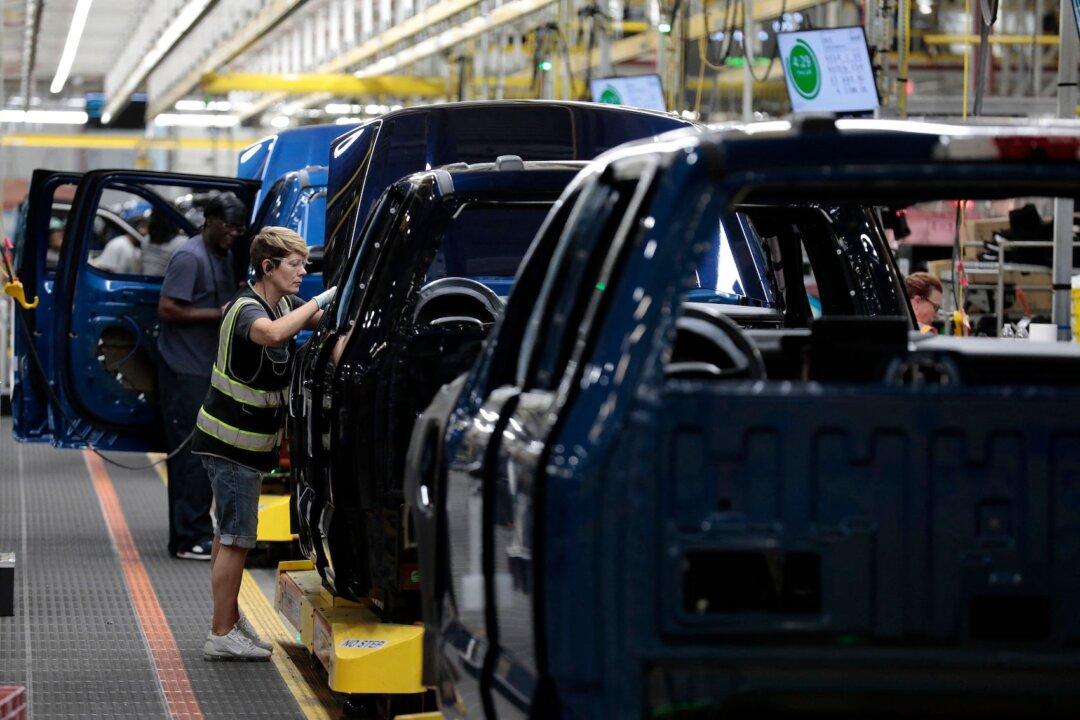Ford Motor Co.’s electric vehicle (EV) business is taking losses, although earnings from its traditional internal combustion engine vehicles have offset the decline in profit.
Like other legacy automakers attempting the transition to EVs from combustion engine vehicles, Ford is currently losing money.The U.S. automaker gained 72 cents per share in the second quarter on an adjusted basis, up from 68 cents, and beat Wall Street expectations by exceeding the 55 cents per share forecast by analysts surveyed by Refinitiv.
Vehicle sales revenue rose by 12 percent to $42.4 billion, $2 billion more than expected.
The Detroit-based company stated that it beat its estimates even as losses from its Model e, or EV division, before interest and taxes (EBIT), grew to $1.1 billion, up from the $722 million in EBIT losses in the previous quarter.
Losses are expected to rise, at least in the short term, according to the automaker.
Ford’s Model e division expects an EBIT loss of $4.5 billion for all of 2023, up from its earlier forecast of a $3 billion loss for the year.
The goal of producing 600,000 EVs per year was also pushed back to some time in 2024, rather than by the end of this year.





